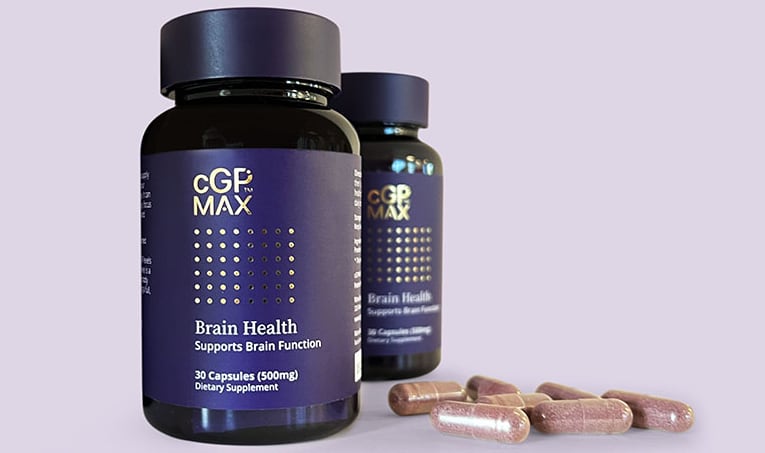It also highlighted two other challenges to its business, namely supply chain risk and market competition that is increasingly intensified by other local firms.
Net profit attributable to stakeholders was down 23.55 per cent yoy to RMB$1.05 bn (US$155m), the company announced.
Operating revenue was slightly up 0.55 per cent to RMB$4.22bn (US$625m).
“Due to repeated impacts from the COVID-19 pandemic, many regions [in China] have taken a more cautious approach to prevent its spread, and this has led to continuous impact to offline store retail, and has brought pressure to the company’s offline business within the country,” BYHEALTH said in its FY22H1 financial results.
Sales from offline retail was down 6.97 per cent, while online was up 1.48 per cent.
Offline retail remains the main contributor to the company’s sales, comprising 69.91 per cent of its domestic revenue.
Sales revenue from its flagship protein powder brand BYHEALTH shrank 7.91 per cent to US$2.36bn (US$345m), joint health brand Keylid saw revenue went down by 13.83 per cent to RMB$733m (US$109m), while acquired Australian brand Lifespace reported revenue growth of 49.69 per cent to RMB$177m (US$26.2m).
The company said it had beefed up the resources provided to LifeSpace, allowing it to grow rapidly in both offline and CBEC channels. Overseas, LifeSpace registered growth of 23.79 per cent yoy to RMB$377m (US$55.9m).
BYHEALTH is also the parent company of Australian kids nutrition brand Pentavite.
Production, supply chain risks
The company is also concerned of the pandemic’s impact on its production, rising cost of raw materials, and supply chain risks.
Its stage four upgrade and expansion project for its Zhuhai production base and digitalisation project, for instance, have slowed down as a result.
On the other hand, the firm said that prices of raw materials have raised – which could in turn affect its gross profit margin.
“The company has a wider range of products, using diverse types of raw materials, the rise in procurement cost of raw materials would affect the products’ gross profit margin.”
As it ramps up production, the company also foresees that there might be instances where there is a lack of supply, in turn affecting its production.
As a measure, the company said it would tap on a more raw material suppliers, alternative raw materials, and strengthen production management to steady its raw material supply chain.
Market competition
BYHEALTH also highlighted intensifying competition from both overseas and local firms – such as homegrown pharmaceutical giants, food manufacturers, as well as new brands that have built their popularity from social media networks.
“Major [local] pharmaceutical firms and food firms are venturing into China’s health foods market; second, overseas brands are competing with local brands on cross-border e-commerce platforms; third, the new generation, new media, new platforms, new technologies have sped up the development of new product categories and new brands.
“The problem at hand is how could the company grab hold of these new opportunities,” the firm said.
R&D priority
Meeting the needs of the ageing population, expanding product functionality and dosage formats are the key areas that BYHEALTH will be focusing on.
“The ageing population has brought tremendous space for growth for the VDS [vitamins and dietary supplement] sector,” said the firm.
The firm has been researching on anti-ageing and personalised nutrition and also published findings on what is said to be the world’s first large-scale nicotinamide adenine dinucleotide (NAD+) research involving the Chinese population.
In April, it published findings in Journal of Cellular and Molecular Medicine, on how a low NAD+ level is associated with anaemia in women.
Earlier in March, it described in Endocrinology how NAD+ loss is more significant in middle-aged Chinese men as compared to women.
Citing data from Euromonitor, BYHEALTH said that the market size of China’s vitamins and dietary supplement industry was up 6.6 per cent to 1,892 亿 last year.
Of which, BYHEALTH enjoys a market share of 10.3 per cent, emerging as the market leader.





